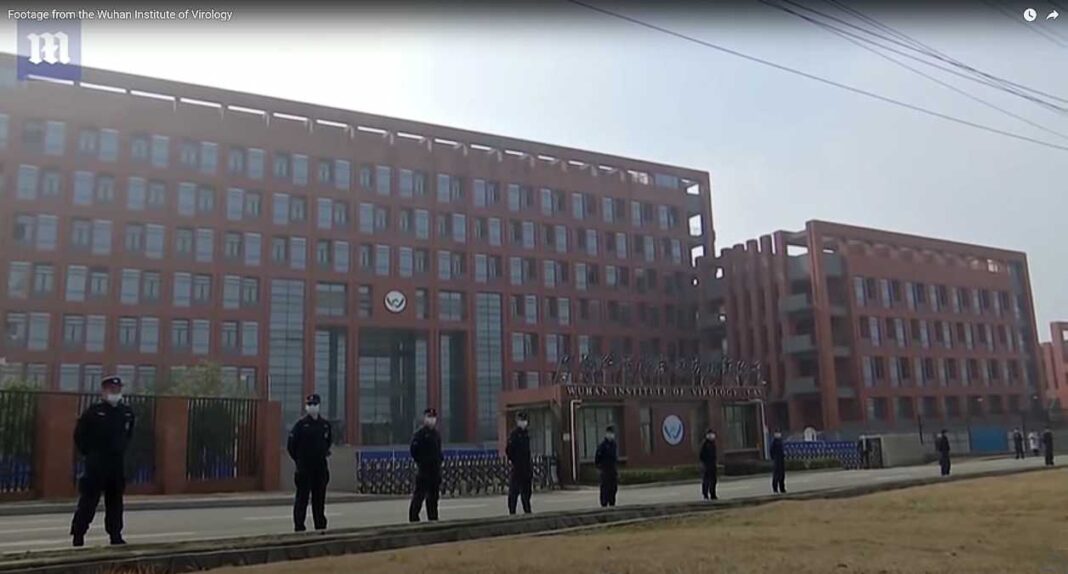Immigration and Customs Enforcement (ICE) officials are unable to locate any records of illegal immigrants taken into custody and placed in a federal program to “ensure non-detained non-citizen compliance with release conditions, court hearings, and final orders of removal,” according to a nonprofit government transparency advocacy group.
“ICE has conducted a search of the ICE Enforcement and Removal Operations (ERO) for records responsive to your request and no records responsive to your request were found,” the Department of Homeland Security (DHS) told the Transactional Records Access Clearinghouse (TRAC) at Syracuse University in a Dec. 22 letter.
The ICE letter cautioned that the failure to locate records sought by TRAC isn’t evidence that the documents do or don’t exist. The inability of ICE to locate the requested records was described by TRAC in a Dec. 23 statement as a “very troubling development.”
Nearly 378,000 individuals are currently covered by the program, according to federal officials.
The ICE letter was in response to TRAC’s Freedom of Information Act (FOIA) request for “the latest alien-by-alien, anonymous data covering all individuals who were taken into custody by ICE and entered (or transferred to) ICE ATD custody from the beginning of Fiscal Year 2019 through August 2022 (or date of search, whichever later).”
The ICE Alternatives to Detention (ATD) program, according to ICE, “allows for closer monitoring of non-detained noncitizens at varying levels of supervision, using several different monitoring technologies. ATD effectively increases court appearance rates, compliance with release conditions, and helps the participants meet basic needs and understand immigration obligations.”
Individuals who fail to report “are subject to arrest and potential removal. To be eligible for ATD, noncitizens must be 18 years of age or older, effectively removable from the United States, and in some stage of the immigration process,” according to ICE.
“According to ICE’s posted numbers, persons being monitored by its Alternatives to Detention (ATD) program grew by 20,000 in just the last two weeks to a total of 377,980 individuals,” TRAC said in its statement.







